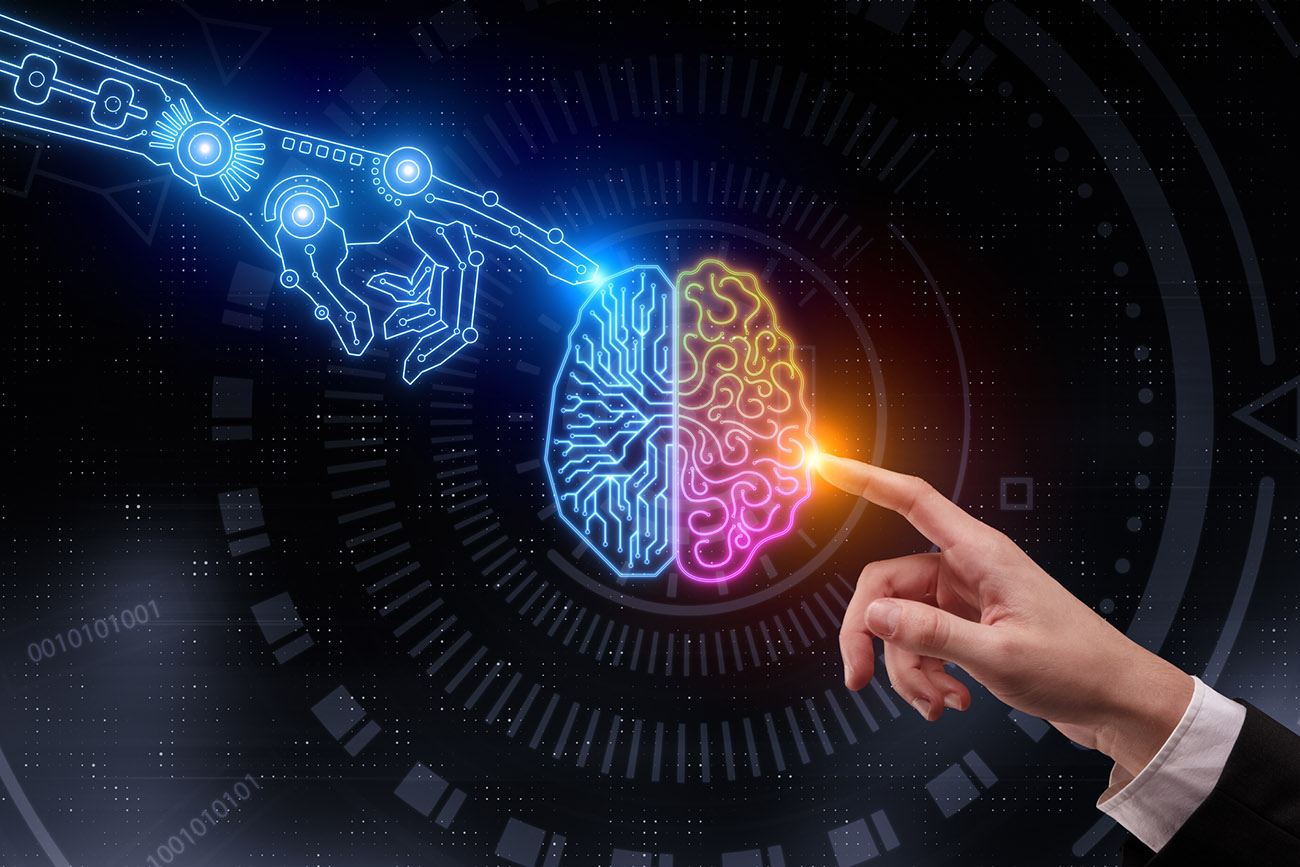The new reality, which at times seemed like science fiction, is now a fact thanks to artificial intelligence (AI).
Imagine a world where our personal assistants are not people but software that can answer our questions, plan our program and control our home with simple voice commands.
A world where cars are moving on their own, doctors use advanced tools for early diagnosis of diseases, and students learn through personalized programs that adapt to their needs.
AI, with its unlimited potential, shapes a smarter, faster and more effective world. From the simplification of daily work to solving complex problems, artificial intelligence has become an integral part of our lives.
But how well do we know this technology? What are its applications that already affect our daily lives and what are the prospects for the future?
In this article, we will explore AI’s most impressive and useful applications, from smart home appliances and autonomous vehicles to diagnostic solutions in medicine and prevention of cyberattacks.
Through specific examples, we will see how AI is not just a technology, but a catalyst that transforms our lives in ways we had not imagined.
Voice assistants and smart devices
Artificial intelligence is behind the popular virtual assistants such as Amazon’s Alexa, Apple’s Siri and Google Assistant. These platforms use natural language processing (NLP) to understand voice commands and provide personalized answers.
Example: Users can request weather information, schedule appointments or check their smart home appliances, such as lights and thermostats.
Medical diagnosis and health care
AI has revolutionized health, improving accuracy in diagnosis and treatment. Mechanical learning systems analyze medical images and patient data to detect abnormalities.
Example: IBM Watson Health is already used to analyze histological samples and to detect cancer at an early stage.
Autonomous vehicles
Artificial intelligence is at the heart of autonomous vehicles, helping them understand their environment, predict movements and make real -time decisions.
Example: Tesla has developed Autopilot, a system that allows its vehicles to operate partially or completely autonomously in different conditions.
Personalized content sentences
Platforms such as Netflix, YouTube and Spotify use AI algorithms to suggest content based on users’ preferences.
Example: Netflix analyzes users’ views and behavior to suggest movies and series that fit their interests.
Chatbots and Customer Support
AI support chatbots improve customer service by answering questions and solving real -time problems.
Example: Banks and e-shops use chatbots to answer questions about products or transactions.
Translation Services and Speech Recognition
AI has drastically improved the quality of translations and voice recognition tools.
Example: Google Translate uses neural networks technology for more precise translations in more than 100 languages.
Education and personalized learning
AI is integrated into educational platforms to create personalized learning experiences.
Example: Platforms like Duolingo use AI to customize language lessons according to each user’s needs.
Data Management and Forecasts
AI analyzes huge sets of data to draw useful conclusions and predicting trends.
Example: Businesses use AI to predict sales or stock requirements.
